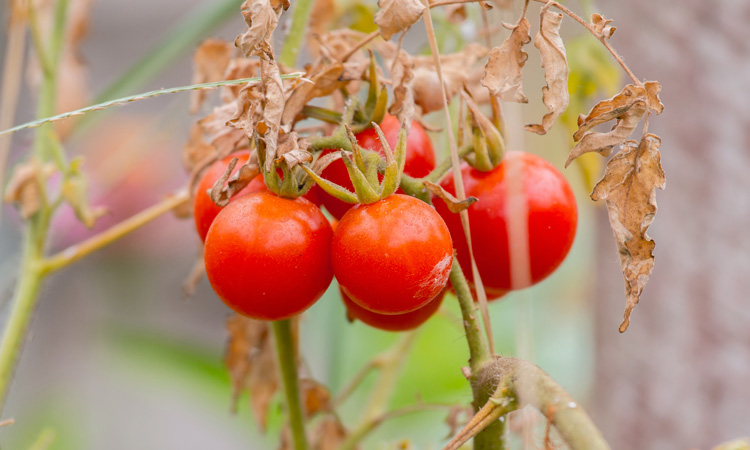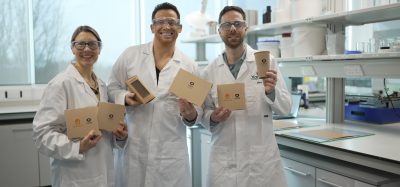Wild tomato pathogen resistance has industry implications, study suggests
- Like
- Digg
- Del
- Tumblr
- VKontakte
- Buffer
- Love This
- Odnoklassniki
- Meneame
- Blogger
- Amazon
- Yahoo Mail
- Gmail
- AOL
- Newsvine
- HackerNews
- Evernote
- MySpace
- Mail.ru
- Viadeo
- Line
- Comments
- Yummly
- SMS
- Viber
- Telegram
- Subscribe
- Skype
- Facebook Messenger
- Kakao
- LiveJournal
- Yammer
- Edgar
- Fintel
- Mix
- Instapaper
- Copy Link
Posted: 8 April 2020 | Sam Mehmet (New Food) | No comments yet
Bacterial canker of tomato is a disease that leads to wilt, cankers, and eventually death in the fruit, but breeders have reportedly known that wild tomatoes carry some form of pathogenic resistance to the disease, but with limited knowledge.


Bacterial canker disease was first discovered in Grand Rapids, Michigan, in 1909, but annual outbreaks now affect tomato production areas worldwide. For some farmers, bacterial canker can be devastating and spoil an entire season’s planting.
Bacterial canker is caused by the pathogen Clavibacter michiganensis, which infects commercially bred tomatoes by colonising the xylem, a series of tubes that transports water and minerals throughout the plant. There are no commercially available tomatoes resistant to bacterial canker and management options are said to be limited.
Knowing that wild species are less susceptible to bacterial canker, scientists at the School of Integrative Plant Science at Cornell University were interested in understanding how C. michiganensis colonised the xylem in wild tomato compared to how it did so in cultivated tomatoes. They found a significant difference, according to their paper.
F. Christopher Peritore-Galve, lead author of the paper, explained: “Interestingly, the pathogen colonises to high densities close to the inoculation site in wild tomatoes, but it is found in much lower densities five and 10 centimetres above that site, meaning that the bacteria are unable to spread through the xylem as well as in cultivated tomato xylem.”
Additional research reportedly showed that the pathogen was restricted to the protoxylem vessels in vascular bundles of wild tomato.
“Protoxylem are early formed xylem vessels that are smaller in diameter that enable water transport during early, rapid plant growth,” said Peritore-Galve. “We currently do not know why C. michiganensis preferentially colonises these vessels, but that will be an avenue of future research.”
Understanding what makes wild variations able to tolerate this pathogen may help with future breeding efforts and optimise tomato growing in the future, the researchers concluded.








